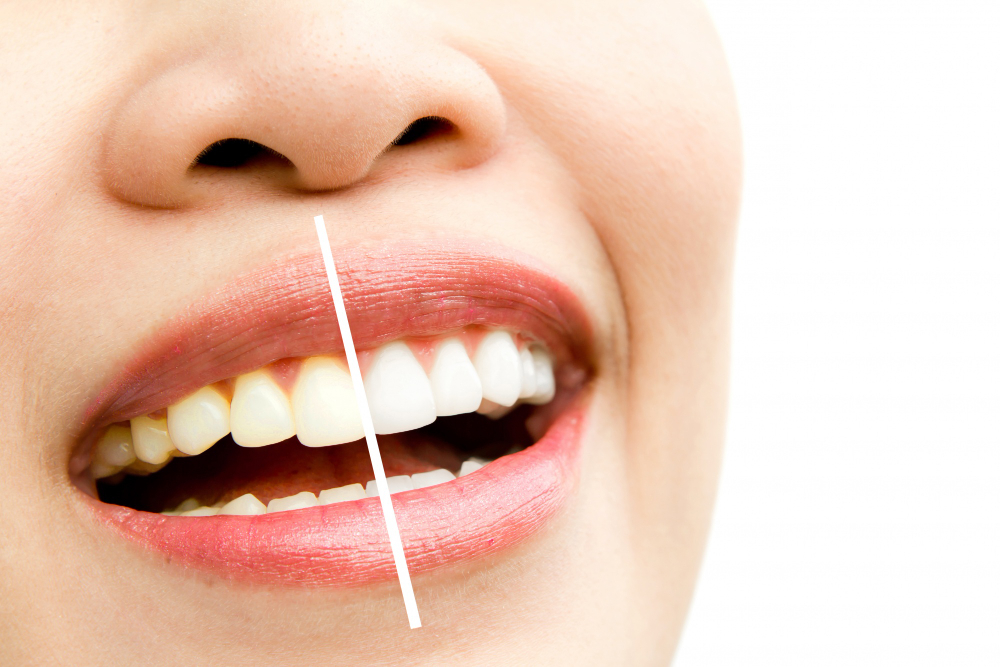What Are Dental Veneers?
Dental veneers are thin shells placed on the front of your teeth. Dentists use them to improve the look of your smile. Usually, these shells are made from porcelain or resin. Because they look natural, many people choose veneers for cosmetic dentistry. According to the American Dental Association, veneers can fix chipped, stained, or uneven teeth. In fact, dental veneers are a popular choice for those wanting a brighter, more even smile.
Common Reasons for Getting Veneers
Many people choose dental veneers for several reasons. For example, you might want to:
Because veneers can solve many cosmetic issues, they are a common part of cosmetic dentistry.
Types of Veneers
There are two main types of dental veneers. Each has its own benefits. Let’s look at both:
Your dentist will help you choose the best type for your needs.
Step-by-Step Procedure for Veneers
Getting dental veneers usually takes two or three visits. Here is what you can expect during the veneers procedure:
Because the process is simple, many people find it easy to fit into their schedule.
Benefits and Potential Risks
Dental veneers offer many benefits. For instance, they can:
However, there are some risks to consider. For example, veneers are not reversible. Once your dentist removes enamel, you cannot get it back. Also, veneers can chip or break if you bite hard objects. In rare cases, you may feel tooth sensitivity after the procedure. According to dental experts, most people do not have serious problems, but it is good to know the risks.
Aftercare Tips and Maintenance
Proper veneers aftercare helps your new smile last longer. Here are some simple tips:
Because good care is important, your veneers can last 10 years or more. The American Dental Association suggests regular dental visits for the best results.
Frequently Asked Questions About Veneers
Conclusion
Dental veneers can give you a brighter, more even smile. Because they are safe and effective, many people choose them for cosmetic dentistry. However, it is important to care for your veneers and visit your dentist regularly. Consult a qualified dentist to find out if dental veneers are right for you.

